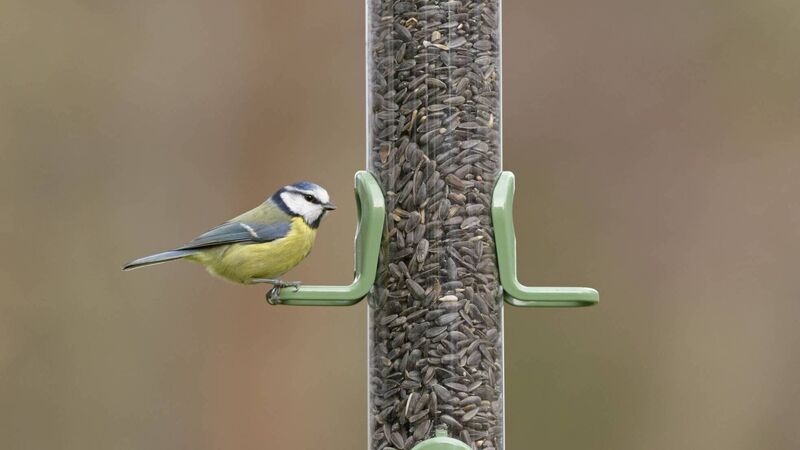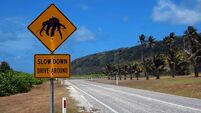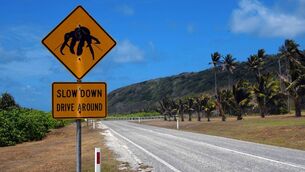Richard Collins: Wild birds are more intelligent than they’ve been given credit for

In a paper just published, scientists at Cambridge University describe tests they carried out on blue tits and great tits. Picture: PA Photo/RSPB
Tuesday, September 11, 2001: Barbara and I are visiting a small museum in Cuenca, southern Ecuador. We are the only visitors on the day. Suddenly, the curator closes up shop. Thinking that we are Americans, she leads us down to a room in the basement where a television set is switched on. There, over the next few hours, we watch the appalling atrocity unfold at New York’s twin towers. Not only are the tragic details lodged permanently in our psyches, but the time and place where we learned of them are integral to the memories.
‘Where were you when you heard JFK was shot’ moments are extreme examples of what scientists call ‘episodic’ memory — recollections inextricably merged with the personal experience of acquiring them.








